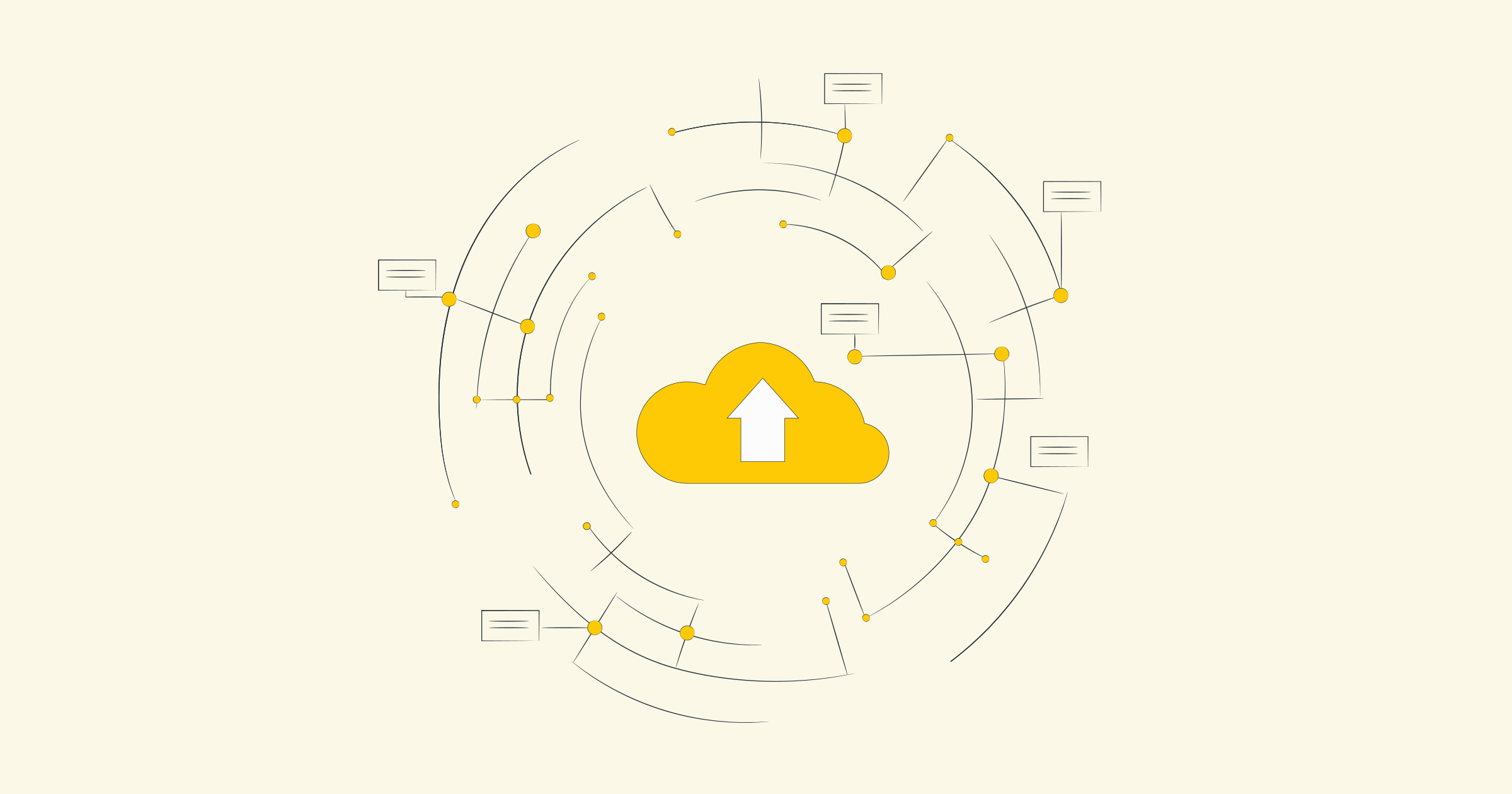How to Perform a Proxy Check for Enhanced Online Security
Introduction:
In the ever-evolving digital landscape, online security has become a paramount concern for individuals and businesses alike. One crucial aspect of protecting your online presence is ensuring the integrity of your network connections. Proxies play a significant role in facilitating secure communication, but it is essential to perform regular proxy checks to maintain optimal online security. In this blog post, we will delve into the importance of proxy checks and guide you through the process of performing one.
1. Understanding Proxies:
Before diving into the intricacies of proxy checks, it is important to understand what proxies are and how they function. A proxy is an intermediary server that acts as a buffer between your device and the internet. It allows you to browse the web anonymously by hiding your IP address and encrypting your data. Proxies can also be used to bypass geographical restrictions and enhance network performance.
2. The Need for Proxy Checks:
While proxies offer several benefits, they can also be exploited by cybercriminals. Malicious individuals can set up fraudulent proxies to intercept sensitive information or launch cyberattacks. Proxy checks help identify and mitigate these risks by verifying the authenticity and integrity of the proxies in use. Regular proxy checks can help ensure a secure and reliable connection.
3. Performing a Proxy Check:
Performing a proxy check involves a series of steps to evaluate the reliability and security of your proxy. Here are the key elements to consider during the process:
3.1. Proxy Type Verification:
The first step is to identify the type of proxy being used. There are various types of proxies, including HTTP, HTTPS, SOCKS4, and SOCKS5. Each type has its functionalities and security measures. Ensure that your proxy is using the appropriate type for your specific requirements.
3.2. IP Address Validation:
Verify the IP address associated with the proxy. This step ensures that the IP address is authentic and not on any blacklists for malicious activities. Various online tools allow you to check the reputation of an IP address.
3.3. Speed and Reliability Assessment:
Check the speed and reliability of the proxy connection. Slow and unreliable proxies can negatively impact your browsing experience and increase the risk of data breaches. Use online tools that measure the proxy's response time and uptime to determine its performance.
3.4. Security Protocol Evaluation:
Evaluate the security protocols employed by the proxy server. Ensure that it supports the latest encryption standards, such as SSL/TLS, to protect your data against interception and unauthorized access. Strong security protocols are essential for maintaining a secure connection.
3.5. Proxy Reputation Analysis:
Research the proxy's reputation and user reviews. Look for any reported incidents of data breaches or suspicious activities associated with the proxy. This step provides insights into the credibility and trustworthiness of the proxy provider.
4. Regular Proxy Check Practices:
Performing a one-time proxy check is essential, but maintaining the security of your network requires regular assessments. Set up a schedule to perform proxy checks periodically. Additionally, consider using automated tools that can monitor and validate your proxies continuously.
Conclusion:
Ensuring the security of your online connections is crucial in today's digital landscape. Proxy checks play a vital role in maintaining a secure and reliable network environment. By understanding the importance of proxy checks and following the outlined steps, you can enhance your online security and protect your sensitive information from cyber threats. Perform regular proxy checks to stay one step ahead in the battle against cybercrime.
Remember, a secure network is a key to a safe online experience!





























